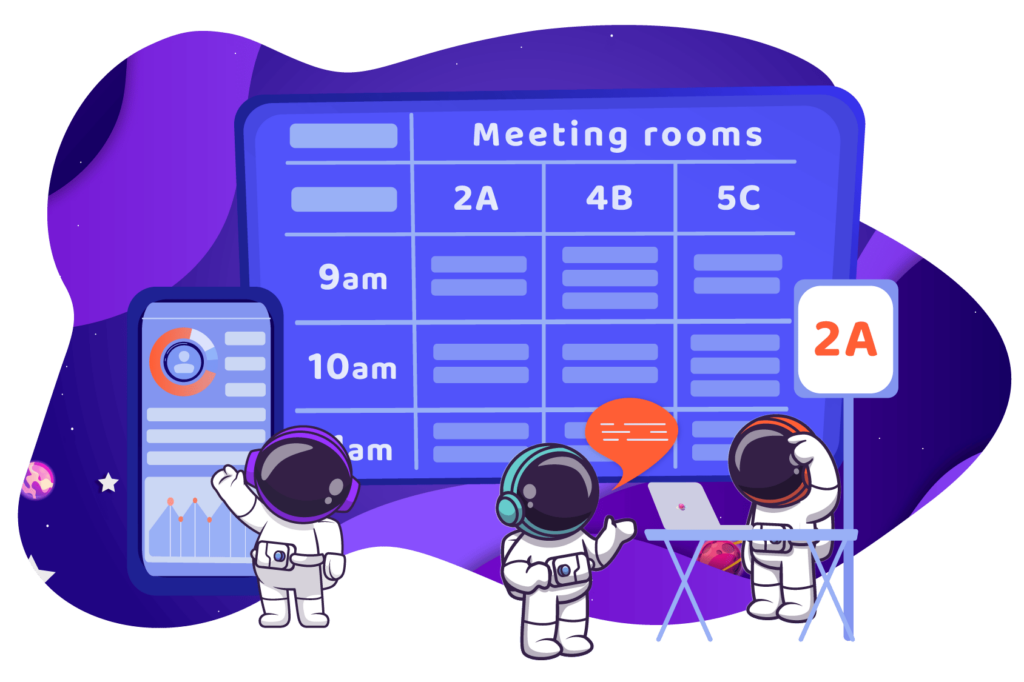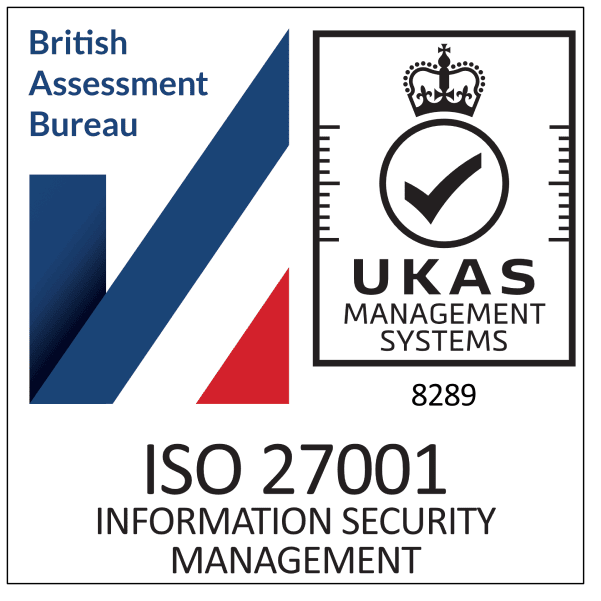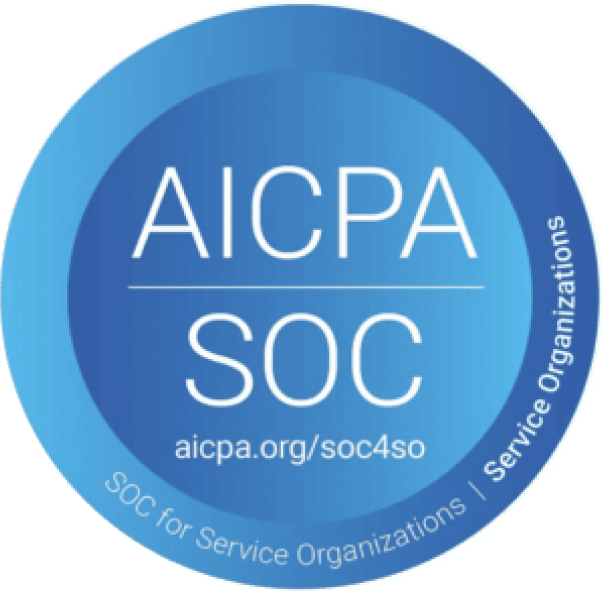Strategic meeting management is increasingly important in today’s fast-paced business environment for increasing productivity and improving outcomes. Meetings and events can be optimized for maximum productivity by applying efficient techniques and processes. The advantages of strategic meeting management for improved decision-making, teamwork, and productivity are the focus of this essay.
Benefits of Strategic Meeting Management
Strategic meeting management offers numerous benefits that can significantly impact the success of meetings and events. By adopting strategic meeting management practices, companies can witness improved decision-making, enhanced collaboration, and greater overall efficiency. For instance, with proper meeting planning and a well-defined agenda, companies can make informed decisions based on comprehensive data and analysis, leading to better outcomes.
Key Components of Effective Strategic Meeting Management
To achieve successful strategic meeting management, organizations need to focus on key components that lay the foundation for productive meetings and events. These components include:
Preparation: Setting the Stage for Success
Thorough preparation is the cornerstone of a successful meeting. By setting clear objectives, defining desired outcomes, and identifying necessary resources and materials, companies can ensure that meetings are purposeful and productive.
Agenda: A Roadmap for Productive Discussions
An organized and well-structured agenda keeps meetings on track and ensures that all relevant topics are covered. By providing a roadmap for the meeting, attendees can stay focused, and the meeting can progress effectively.
Attendee Roles: Fostering Collaboration and Participation
Defining attendee roles and responsibilities is crucial for effective collaboration and engagement. By assigning specific tasks and roles to participants, companies can ensure active participation and contribution, resulting in better outcomes.
Technology: Empowering Efficient Meetings
Utilizing technology tools and platforms can significantly enhance communication, engagement, and interaction among attendees. Leveraging virtual meeting platforms, collaboration tools, and event planning software can optimize meeting efficiency, especially when working with experienced meeting planners and event organizers.
Logistics: Ensuring a Seamless Meeting Experience
Managing logistics, such as venue selection, transportation, and catering, is essential for a smooth and seamless meeting experience. Partnering with professional event planners, such as meeting planner specialists like Lodago Events, can alleviate logistical challenges and ensure a well-executed event.
Follow-up: Translating Meeting Outcomes into Action
A comprehensive follow-up plan is vital to ensure that the outcomes of meetings are translated into actionable steps. By setting clear action items, assigning responsibilities, and establishing deadlines, companies can foster accountability, track progress, and maximize the impact of the meeting.
Measuring Meeting Success through KPIs and Data Analysis
Evaluating meeting success is crucial to understand the effectiveness of strategic meeting management practices. Key Performance Indicators (KPIs) and data analysis enable organizations to gauge the impact of their meetings and identify areas for improvement. Lodago Events, with its expertise in meeting planning and event management, utilizes various metrics to measure success, such as attendee satisfaction, meeting productivity, cost-effectiveness, and return on investment.
To illustrate the effectiveness of strategic meeting management, let’s examine a few real-world examples. Let’s consider a hypothetical Company A called “BestShop” as our first example. “BestShop” decided to implement strategic meeting management practices during their annual industry conference. During this event, they noticed significantly shorter meeting durations, with discussions becoming more focused and productive. This improvement not only saved time but also boosted attendee engagement. In addition, decisions were made swiftly, leading to enhanced collaboration among their teams.
Now, let’s turn our attention to Company B, or as we’ll call them, “TechCorp.” “TechCorp” was gearing up to go to a major technology conference. With the assistance of Lodago Events, they embarked on a journey to flawlessly plan and execute the event, leaving no room for error. Lodago Events worked closely with “TechCorp” to manage logistics with precision, ensuring that every aspect of their event ran seamlessly.
The logistics of scheduling and allocating meeting rooms can often be a time-consuming and energy-draining task. However, “TechCorp” had a powerful ally in “Lodago Events.” The platform seamlessly handled the task of room management, ensuring that valuable time and energy were not wasted on searching for available rooms at different times. This innovative solution not only simplified the event experience but also showcased how strategic meeting management practices, combined with modern technology, can enhance the overall event effectiveness.
Managing meetings during an event can present unique challenges, such as scheduling conflicts, tight timelines, and limited resources. By partnering with skilled meeting planners, like Lodago Events, companies can overcome these hurdles and achieve successful meetings even in event settings. Their expertise in meeting planning and event management ensures smooth integration with the overall event, ensuring a seamless experience for all attendees.
Strategic meeting management is a powerful tool for enhancing productivity, fostering collaboration, and maximizing results. By implementing the key components of effective management, organizations can streamline their meeting processes and unlock the full potential of their meetings and events. Leveraging technology, partnering with experienced meeting planners, and utilizing KPIs and data analysis will empower companies to achieve better meeting outcomes. Embrace strategic meeting management practices and witness the positive impact on decision-making, collaboration, and overall productivity.








